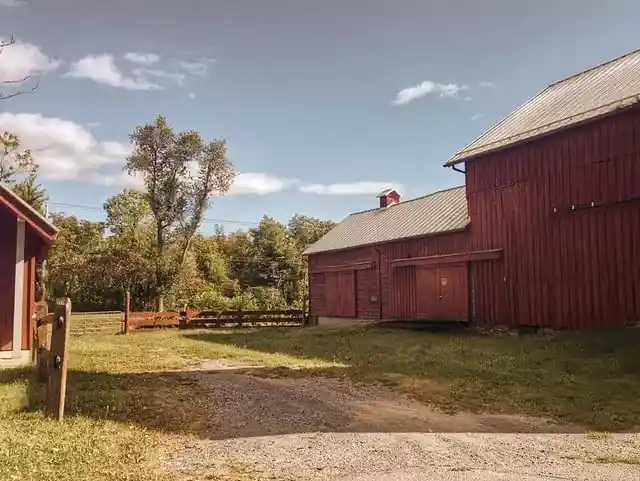The core feature of organic farming is to completely ignore the use of synthetic pesticides and fertilizers for soil management requirements. So farmers have to look for some other means to fulfill their agriculture requirements. A recent study has highlighted that organic farmers implement techniques like crop rotation, green manures, row crops, and tilled summer fallow.
Conventional farming practices are among the leading reason for rapid soil erosion. Using chemical-infused fertilizers and pesticides reduces soil fertility and also pollutes the groundwater. As per different research, it is also observed that synthetic chemical use has contributed to the poising of local rivers, canals, and lakes affecting about 35% of indigenous marine life.
A lot depends on the approach selected by the farmer. Although the conventional farming practice is been around for many decades and honestly very little has changed since then. As the conventional farming practice is largely followed around the globe, it has eventually taken its toll on our ecosystem.
Organic farming is an optimistic alternative to the conventional farming system. There are several advantages related to organic farming as to conventional farming. So, let’s discuss some major benefits of organic farming over conventional farming practices and how it can truly help our ecosystem.
What is Conventional Farming?
Conventional farming refers to traditional practices followed in agriculture that has been around for several generations. Various studies have highlighted the fact that techniques involved in traditional farming are harmful to the farmers, the planet, and the people who consume the food grown using chemicals.
Ultimately it is down to the fact that artificial pesticides are used in conventional farming and they are known to degrade the quality of the land and soil over time. Examples of artificial fertilizers like DDT can be deadly to the ecology and final consumers.
Moreover, conventional farming also uses genetically modified organisms to increase the final yield of the sown crop. Even though it has short-term benefits, still it is devastating in the long go.
What is Organic Farming?
Organic farming is the art of cultivating crops that is eco-friendly and safe for consumption. It is known to create products that are chemical-free and natural in comparison to conventional farming. Organic farming utilizes natural pesticides and fertilizers like manure and compost. Other techniques like crop rotation also help rejuvenate the soil’s health and fertility.
Moreover, researchers also highlight that food grown in organic farmlands contains higher nutritional content and offers better health benefits to the consumer. The core feature of organic farming is to not use any artificial substances and let nature play its due course in growing crops.
Food grown on organic farmlands does not harm its consumers and also helps the environment to thrive. In the organic farming process, no animals, plants, or microorganisms are harmed, and all the creatures survive in harmony.
Techniques involved in organic agriculture include crop rotation, mixed crop farming, companion planting, natural manure, and worm compost. Such applied methods help the soil retain its fertility and improve its quality.
What is the Difference between Conventional and Organic Farming?
Major differences involved between the two farming styles are mentioned below.
- Cost: Organic food costs more in comparison to conventional food, due to high labor and more risk.
- Pesticides: Conventional farming involves the rigorous use of pesticides to kill off any microbes, fungi, and viruses. On the other hand, organic farming includes naturally derived pesticides that do not kill the microbes but rather hush them away.
- GMOs: The use of GMOs is restricted in organic farming, but they are allowed in conventional farming.
- Goal: Main goal of conventional farming is profit making, while organic farming focuses on sustainable development.
Final thoughts
Conventional farming has been around for decades, and unfortunately, to date, it is the most followed practice in the agriculture sector. Still, the new generation is more inclined towards a healthy lifestyle and is eventually switching over to organic food. This is also seen as there is a rapid spike in the demand for organic food items. Still, it is not enough to make a substantial dent in our current system. Time is not on our side, and some hardline actions need to be put in place to deal with such crises.
Food insecurity is amongst the leading factors that make the governments hesitant, not regularizing policies for organic cultivation, still, new age investors are betting on the rise of the organic farming sector and buying organically managed farmlands.

